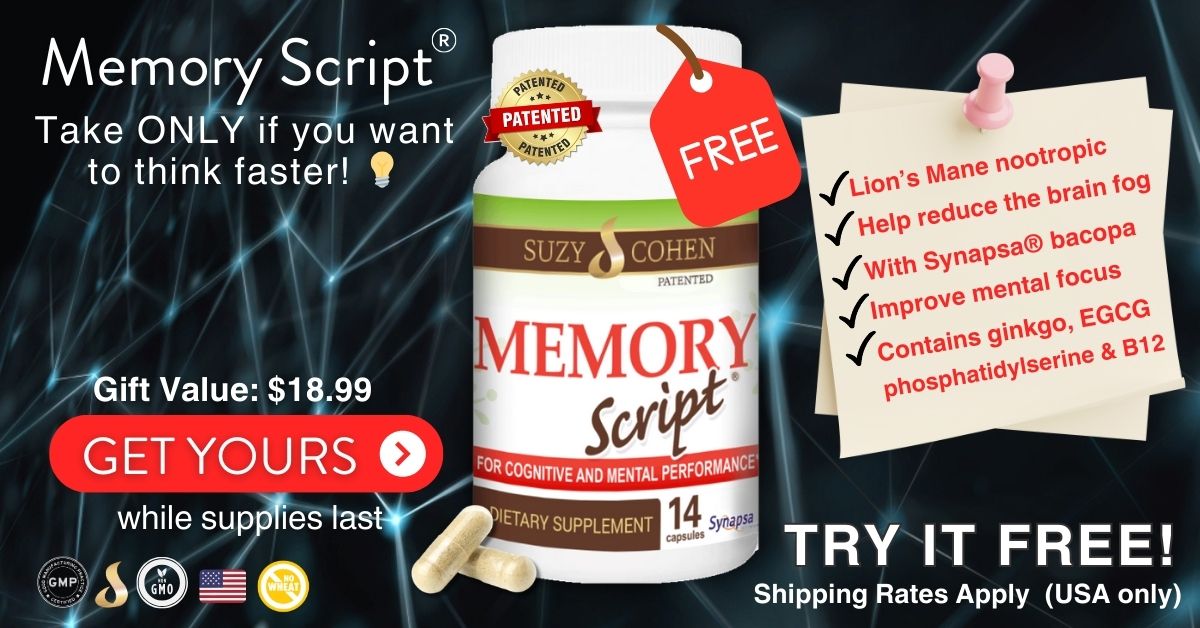What's On This Page?
ToggleThe topic of heart health has become very important now because heart attacks, strokes, myocarditis, hypertension and other cardiovascular conditions are on the rise.
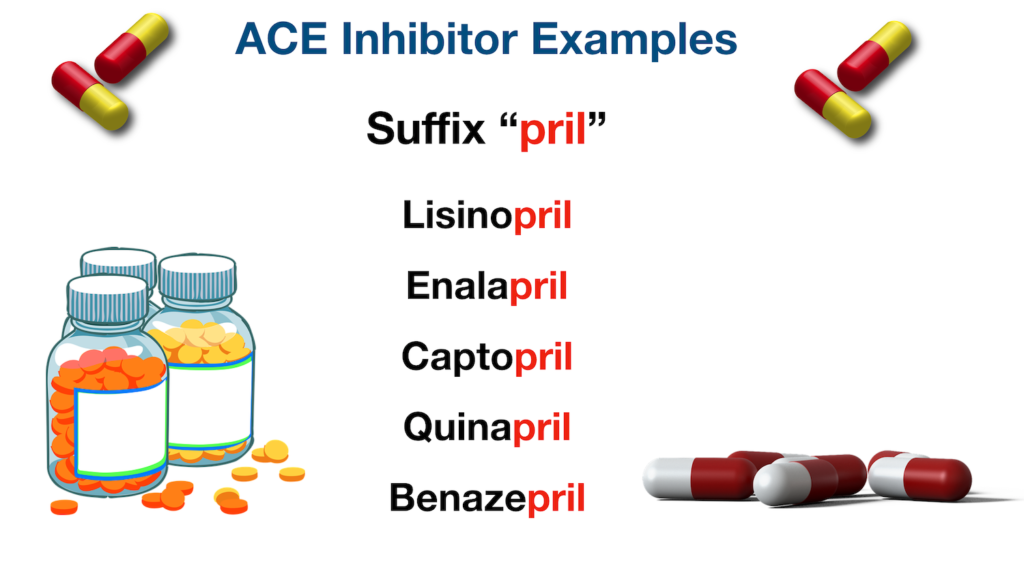
One of the most effective and popular categories of heart health medication against these diseases are called ACE inhibitors. The ACE receptor is the receptor where the spike protein (from coronavirus itself, or the vaccines) bind to so you probably have heard of that.
ACE receptors sit on cells in the nose, mouth and lungs which explains the potential respiratory distress with the virus. The ACE receptors are all over the body and in super high concentrations in the heart tissue. One of their primary functions of this ‘doorway into the cell’ is to cut up a larger protein called “angiotensinogen” into smaller proteins. These new, smaller compounds work in various ways to help you maintain healthy blood pressure.
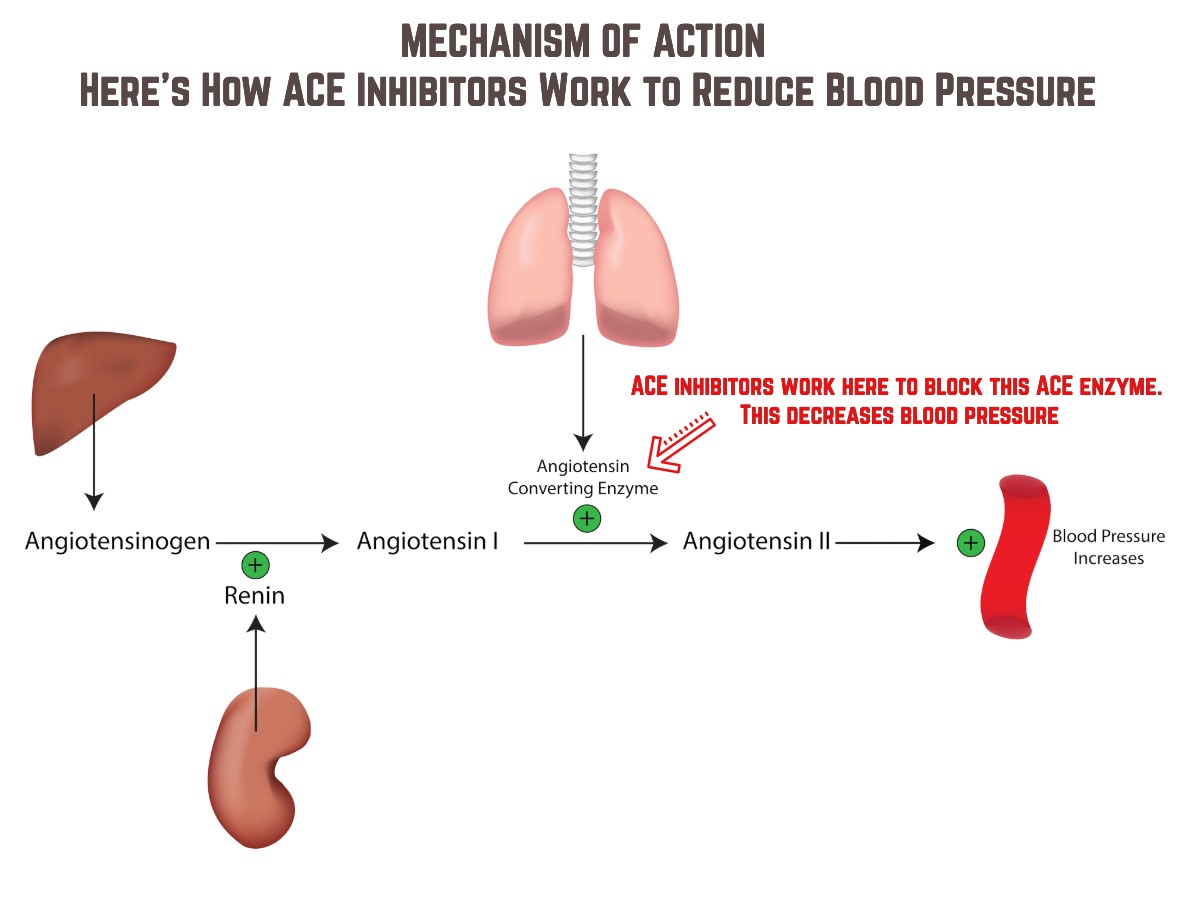
There are natural herbal extracts that act like ACE inhibitors in the body, however these do not work as strong as a medication. If you want to take any of the items listed in my article, please ask your doctor if it’s right for you because this is just for educational purposes only.
I am not a prescriber, nor do I know what is right for you. Keep in mind that like all herbs, there are a multitude of botanical constituents in the leaf (or flower, or root, etc), and that we do not know how these will interact with your current protocol and medication regimen. Be wise and keep in mind that any natural juice or supplement that reduces blood pressure will increase the effect of prescribed anti-hypertensives that you take. The combination can cause a fall, or a hypotensive crisis, so remember about this interaction when introduction new things to your daily regimen. Start low and go slow and garner your physician’s blessings.
Here are 8 strong natural ACE inhibitors, in alphabetical order:
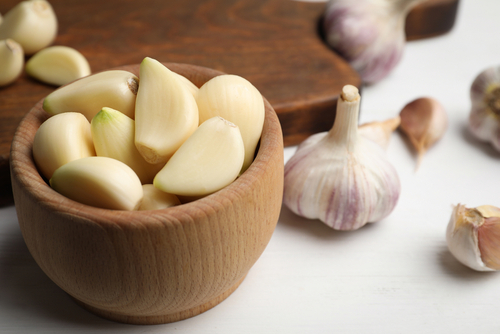
1. Garlic for Heart Health
Garlic is a delicious heart health spice that you can cook with. There are dietary supplements too, among the best are Kyolic brand although no claims can be made for its effect on any disease, it is sold as an herbal antioxidant. (Remember, dietary supplement makers are not allowed to make claims for diseases in the USA, so supplements are sold to “support” the health of an organ or tissue).
Garlic is great for heart health because it contains natural gamma-glutamylcysteine, which is a natural ACE inhibitor. This compound is naturally occurring and it works in conjunction with allicin to give garlic its profound ability to dilate arteries. There is a lot of research for garlic on pubmed, and its natural ability to support your heart health, capillaries, blood vessels and immune system. If you’d like a recipe that contains garlic, CLICK HERE to see my recipe for Roasted Garlic Carrots which is good for heart health. This will give you a lot of antioxidant power, plus beta carotene which is good for vision, and it is drool-worthy!
2. Grape Seed Extract is Wonderful for Heart Health
The delicious grapes and their skins show ACE inhibition and you can also find dietary supplements of grape seed extract. It helps with cytokine balance too. There have been numerous studies to show the power of the proanthocyanidins in berries, and grapes are so easy to incorporate into your diet. The supplements will work tons better than the food itself. In a study evaluating the benefits, grape seed extract significantly reduced systolic and diastolic blood pressure over 6 weeks.
3. Indian Gooseberry (Emblica officinalis)
This is one of the strongest herbal ACE inhibitors and is also known by the name “amla” in medical literature. There was an 8-week STUDY conducted in 2020, and this herb proved to help improve medication therapy given to people with uncontrolled hypertension. The herb is rich in vitamin C and E, and it may support healthy cholesterol ratios.*
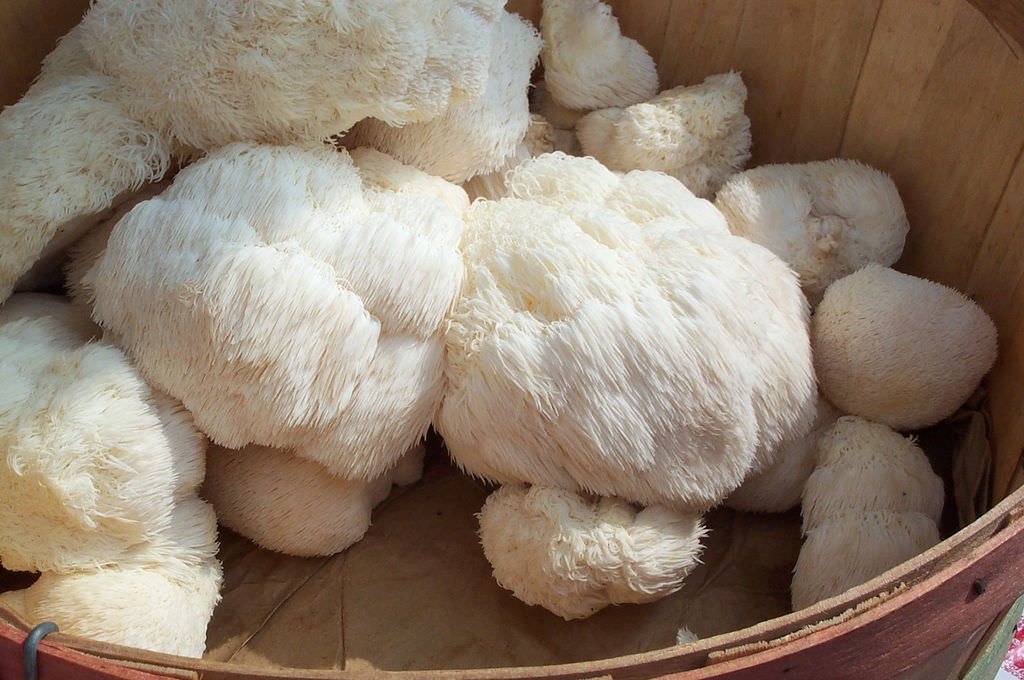
4. Lion’s Mane mushroom
This is a mushroom you can eat and sauté, plus it’s found in high-quality memory dietary (nootropic) supplement formulas. Most people know it is useful for the brain, but did you know it has mild ACE inhibition activity which helps with your regimin for good heart health.
Many mushrooms do actually! Reishi mushroom is about twice as strong as Lion’s Mane in terms of it’s ACE blocking power! Taking a comprehensive medicinal mushroom blend that includes these two mushrooms may be useful for your immune system, as well as your cardiovascular system.
As for Lion’s Mane and cognitive function, memory and learning… I have an ARTICLE dedicated to that topic.
5. Pomegranate Juice
We’ve known for about 20 years that pomegranate juice a heart healthy juice and also is an ACE inhibitor, here’s a PAPER that elaborates on that. Drinking it is easy and delicious, however don’t combine it with warfarin (Coumadin) or other anti-hypertensives. Pomegranate has dozens of genuine health benefits and it’s easy to include a little ‘shot glass’ drink of it each day – think of it as your medicine!
But if you cannot tolerate acidic foods/beverages, then don’t do it. Like many other juices that are low in pH (acidic), it could set off other problems such as heartburn, or even a flare up of burning mouth syndrome. (If burning mouth is a problem for someone you know, CLICK HERE to read more about it.)
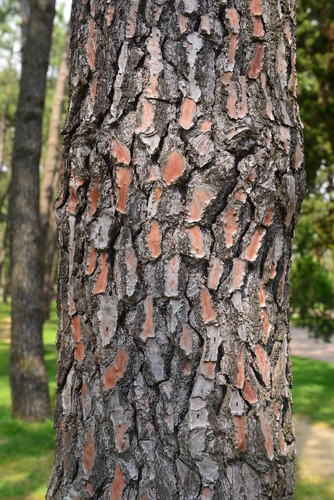
6. Pycnogenol
This is a natural pine bark extract from a European tree, and it is available by supplement. Pycnogenol is the trade name for this substance which is derived specifically from the outside pine bark of the French maritime tree (Pinus pinaster). It is a natural source of several antioxidants including proanthocyanidins, which are also found in wine, grapes, apples, cocoa, tea, nuts, and some berries. Not all of the mechanisms for how it works are completely understood, however we know that pycnogenol is a natural ACE inhibitor, and it also temporarily increases nitric oxide (which in turn acts as a vasodilator). Pycnogenol is wonderful for good heart health.
7. Royal Jelly
Can you believe bees can help with heart health? Worker honeybees produce a white-colored secretion that is used to nurture their Queen bee, and you can find this in dietary supplements of “royal jelly” at health food stores. This comes out of the bee, unlike honey which, on the other hand, is a derivative of nectar. Obviously, do not take royal jelly or honey if you’re allergic to bees. The royal jelly contains compounds that are natural ACE inhibitors. There is some research which suggests compounds in royal jelly could help atherosclerosis.
8. Whey Protein for Your Health Health
It was only a small study of 30 people, however benefits were found among participants who took whey protein compared to control. We also know that people who take whey protein also probably visit the gym so I am not putting a lot of weight into this particular supplement. Still, I want to give you all the information I can. What was particularly interesting is that participants also experienced an increase in bradykinin which is great because it acts as a vasodilator.
You can look this up on your own but I found some foods that may be heart health helpful if you’re looking for things to eat that have ACE inhibition activity. Those included tofu, egg whites, yams, spinach (from the rubisco, not the oxalates), and mung beans.
Caution.
Just a quick reminder about combining medications that act synergistically, the combinations of two, three or more antihypertensives at high doses may cause hypotension! If blood pressure drops too low, you may be interested in the TIPS that I have here to help yourself so please take a moment to read, 10 Ways to Treat Sudden Low Blood Pressure.
ACE inhibitors have a side effect called dysphagia that affects sensitive individuals and this side effect makes it uncomfortable (and sometimes challenging) to swallow certain foods, and beverages. If you have started a blood pressure pill recently, then I suggest you arm yourself with this information now, so you can recognize the swallowing difficulties (or even reflux/heartburn issues) that sometimes accompany this category of drugs.
Read my article, Causes and Solutions for Dysphagia (you will see ACE inhibitors listed in this article, as well as many other popular drugs). You will at least know what to do if you encounter this side effect one day! Also, simply search my site for heart health for other great reading.
Also, if you take an ACE inhibitor drug, your body will retain potassium, so be careful with that and avoid eating too much of a food that is rich in potassium, for example, spinach, tomato sauce, bananas and others. Salt substitutes are often made of potassium so those should be avoided as well if you take ACE inhibitors. While life-threatening occurrences of hyperkalemia are extremely rare, I still want you to be aware of this beforehand for your heart health.
Another article that you might be interested in that pertains to heart health and hypertension is, Intracranial Hypertension Headaches are Sometimes Misdiagnosed.

Suzy Cohen, has been a licensed pharmacist for over 30 years and believes the best approach to chronic illness is a combination of natural medicine and conventional. She founded her own dietary supplement company specializing in custom-formulas, some of which have patents. With a special focus on functional medicine, thyroid health and drug nutrient depletion, Suzy is the author of several related books including Thyroid Healthy, Drug Muggers, Diabetes Without Drugs, and a nationally syndicated column.

